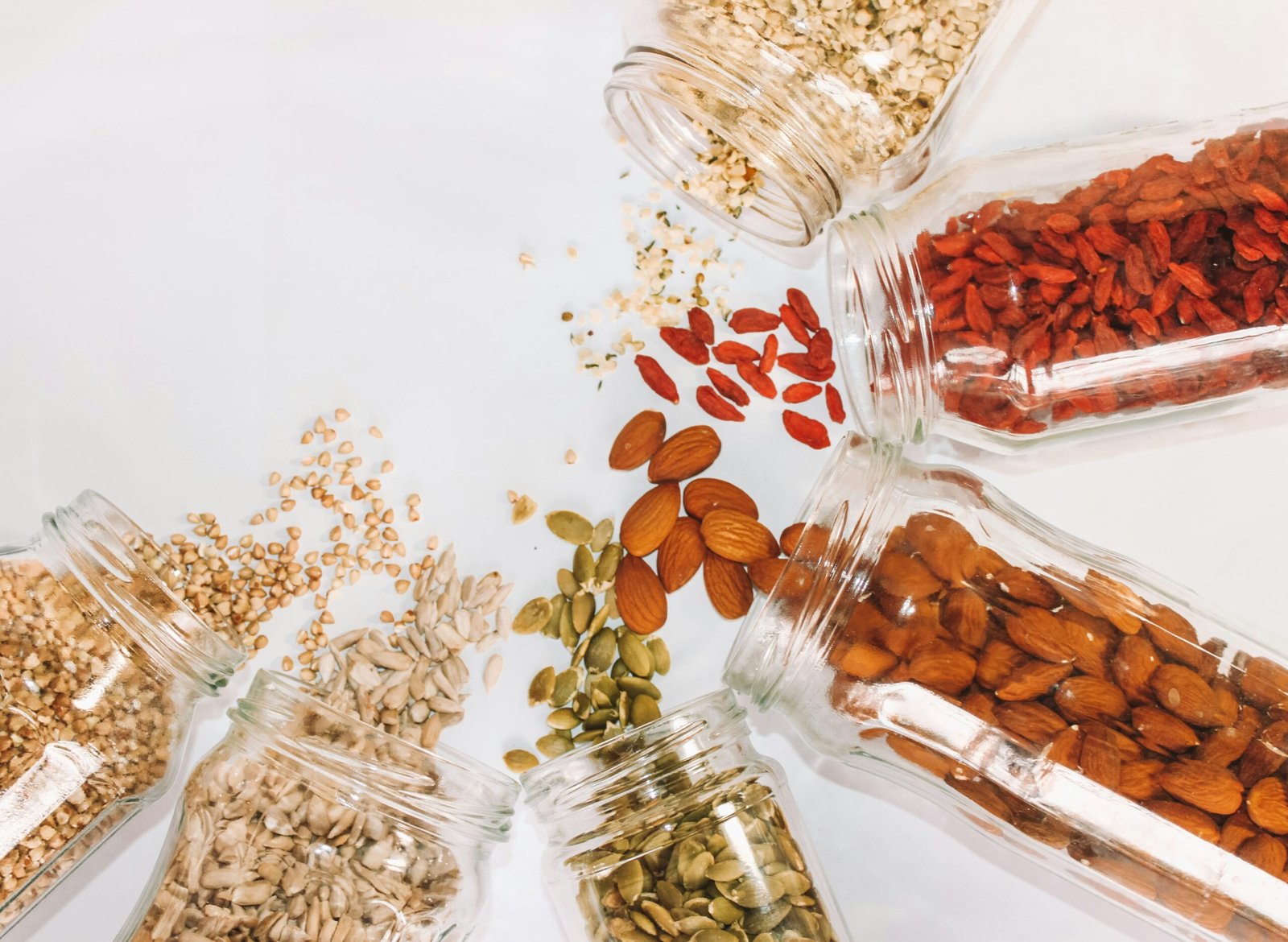Introduction
Superfoods have gained significant popularity in recent years due to their numerous health benefits. These nutrient-rich foods are packed with antioxidants, vitamins, minerals, and other essential nutrients that can promote overall well-being. In this article, we will explore the health benefits, uses, and potential risks associated with superfoods.
What are Superfoods?
Superfoods are a group of foods that are considered to be exceptionally beneficial for health and well-being. They are typically rich in nutrients and have been shown to provide a range of health benefits. Some common examples of superfoods include berries, leafy greens, nuts and seeds, fatty fish, and whole grains.
Health Benefits of Superfoods
Superfoods offer a wide range of health benefits, which can vary depending on the specific food. Here are some common benefits associated with consuming superfoods:
1. Antioxidant Power
Many superfoods are rich in antioxidants, which help protect the body against damage from harmful free radicals. Antioxidants have been linked to a reduced risk of chronic diseases such as heart disease, cancer, and neurodegenerative disorders.
2. Nutrient Density
Superfoods are packed with essential nutrients, including vitamins, minerals, and fiber. Consuming these nutrient-dense foods can help meet your daily nutritional needs and support optimal health.
3. Heart Health
Several superfoods, such as fatty fish, nuts, and berries, have been associated with a reduced risk of heart disease. These foods are rich in heart-healthy nutrients like omega-3 fatty acids, fiber, and antioxidants.
4. Weight Management
Many superfoods are low in calories and high in fiber, making them a great choice for weight management. These foods can help you feel fuller for longer, reducing the likelihood of overeating.
5. Brain Health
Certain superfoods, such as blueberries and fatty fish, have been linked to improved brain health and cognitive function. The nutrients found in these foods may help protect against age-related cognitive decline and support overall brain health.
Uses of Superfoods
Superfoods can be incorporated into your diet in various ways. Here are some ideas:
1. Smoothies
Add a handful of berries, spinach, or kale to your morning smoothie for a nutrient boost.
2. Salads
Toss in some avocado, nuts, or seeds to add a superfood twist to your salads.
3. Snacks
Replace unhealthy snacks with a handful of mixed nuts or a piece of dark chocolate.
4. Main Courses
Incorporate superfoods like salmon, quinoa, or sweet potatoes into your main dishes.
Potential Risks
While superfoods offer many health benefits, it’s important to note that they are not a magical cure-all. Here are some potential risks to be aware of:
1. Allergies
Some superfoods, such as nuts and shellfish, can cause allergic reactions in certain individuals. If you have known allergies, be cautious when introducing new superfoods into your diet.
2. Interactions with Medications
Superfoods like grapefruit and green leafy vegetables can interact with certain medications, affecting their effectiveness. If you are taking any medications, consult with your healthcare provider before significantly increasing your consumption of superfoods.
3. Cost
Superfoods can sometimes be more expensive than regular foods. It’s important to consider your budget and prioritize which superfoods to incorporate into your diet.
Conclusion
Superfoods are a fantastic addition to a healthy diet and can provide numerous health benefits. By incorporating these nutrient-rich foods into your meals and snacks, you can support your overall well-being. However, it’s important to be aware of any potential risks and consult with a healthcare professional if you have any concerns or specific health conditions.



